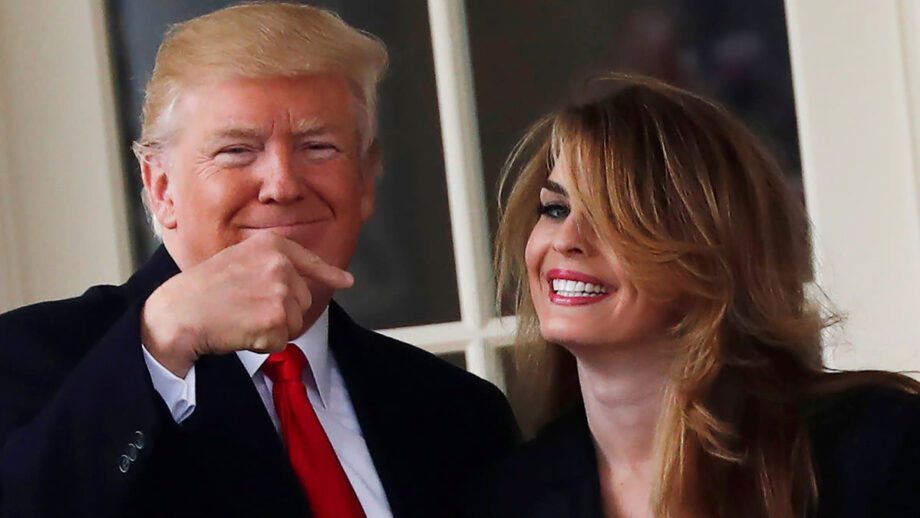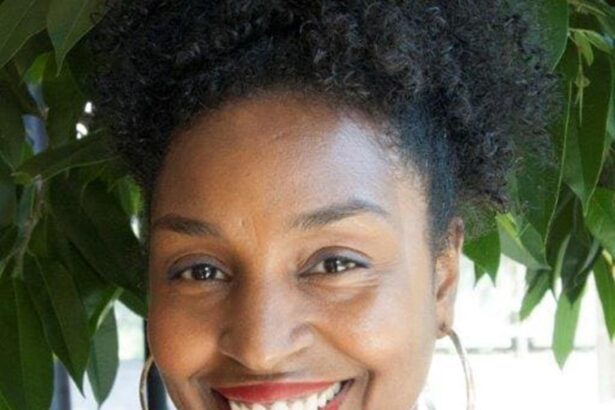Hope Hicks, former campaign press secretary and White House communications director for Donald Trump found herself in the hot seat on Friday. She faced questions about pivotal moments during Trump’s presidential campaign and his subsequent occupation of the White House. Sitting just feet away from her former boss, Hicks recounted the chaotic fallout from the release of the infamous “Access Hollywood” tape and the subsequent response from the Trump administration regarding allegations of hush money payments.
Appearing visibly nervous, Hicks struggled to maintain eye contact with Trump. She answered questions from prosecutors for over two hours. The courtroom was tense, with Trump occasionally exchanging notes with his attorneys while closely observing the proceedings. Guess he wasn’t sleeping for this one. The gist of Hicks’ testimony centered around her role in the Trump campaign in October 2016, particularly in the aftermath of the “Access Hollywood” tape revelation. You know where he was exposed on a hot mic bragging about grabbing women by the you know what. She described the tape’s release as a “crisis” for the campaign, which subsequently influenced their response to reports of hush money payments involving Karen McDougal and Stormy Daniels. Hicks adamantly denied allegations of Trump’s affairs with these women. Hopefully, no pun intended she can sleep well at night after her public stance.
During cross-examination, Hicks revealed Trump’s concerns regarding the impact of these scandals on his family, particularly his wife Melania. Jurors were presented with a full transcript of the “Access Hollywood” tape, exposing Trump’s incendiary remarks. Thankfully. Prosecutors meticulously outlined the timeline of events surrounding the hush money payments, inching closer to establishing Trump’s culpability in the alleged cover-up. Hicks recounted Trump’s reaction upon learning about the payments, emphasizing his desire to mitigate any potential damage to his reputation. Hicks still denied direct knowledge of any coverup.
Then, Trump’s legal team relentlessly attacked the credibility of Michael Cohen. Hicks corroborated these assertions, portraying Cohen as a self-proclaimed “fixer.” The trial also saw contentious exchanges regarding the integrity of digital evidence, with Trump’s lawyers attempting to cast doubt on the reliability of Cohen’s cell phone data. Despite efforts to undermine the prosecution’s case, forensic experts testified to the absence of tampering or manipulation in the evidence presented. As the trial adjourned for the day, the courtroom buzzed with anticipation for the testimonies yet to come, promising further revelations in the unfolding saga of the Trump hush money scandal.




